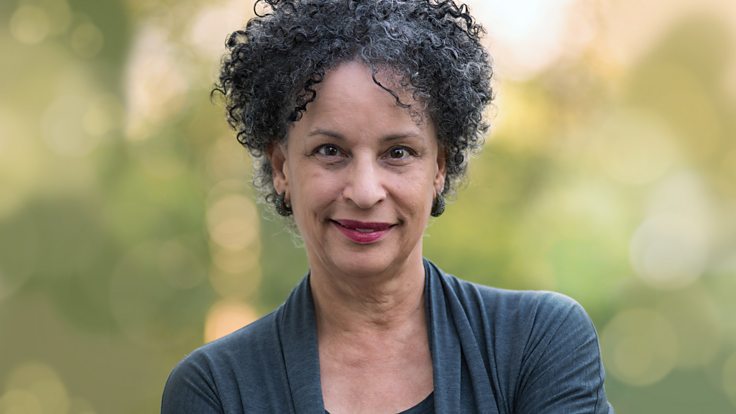Britain’s Black PastPosted in Audio, History, Media Archive, Slavery, United Kingdom on 2016-10-08 02:11Z by Steven |
BBC Radio 4
2016-10-03
The Invisible Presence
Professor Gretchen Gerzina explores a largely unknown past – the lives of black people who settled in Britain in the 18th and early 19th centuries.
She reveals a startling paradox – although Britain was at the heart of a thriving slave trade, it was still possible for many black people to live here in freedom and prosperity. A few even made it to the very top of fashionable society.
But there were others who were brought over by slave-owners from the West Indies and who were never free, despite living for the rest of their lives in Glasgow or Bristol or London. Some took the law into their own hands, and managed to free themselves, others went further and advocated violent revolution. Free or unfree, they all saw Britain as a place of opportunity that could become a home.
Over two weeks, Professor Gerzina travels across Britain and talks to historians, unearthing new evidence about Britain’s black past. From a country estate in Chepstow, via the docks of Liverpool, to grand houses in London and Bristol, she evokes the daily texture of black people’s lives.
In the first programme in the series, Professor Gerzina travels to Sunderland Point to discover a remote grave in the corner of a windswept field – a memorial to a young black cabin boy, abandoned on the coast by his slave-owning master. This poignant story sparks questions about how we remember black figures from the past.
Listen to the episode (00:13:15) here.



